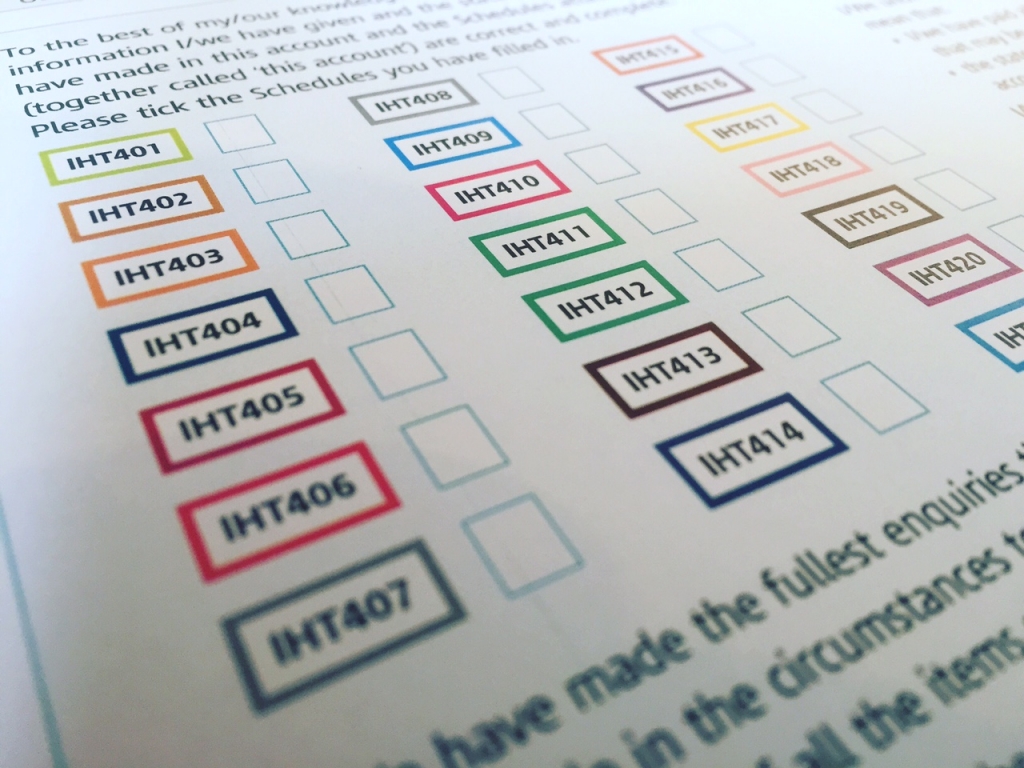
Inheritance Tax Update
Inheritance tax has sometimes been described as a voluntary tax. This may ruffle your feathers a little, but is of course true in principle. That is to say that you can plan for inheritance tax. You do so by arranging your affairs in such a way that you either pay minimal tax, none or ensure that you have resources aside to make no significant difference. Despite this between April 2018 and the end of the summer (August 2018) a whopping £2.357bn was paid to the Treasury in the form of inheritance tax. This is almost as much as was collected in the whole of 2010-11.
The Office of Tax Simplification has completed (8 June) a survey of the review of inheritance tax. This is currently being contemplated. The last Chancellor introduced a more complicated way to increase the inheritance tax allowance. What appeared reasonably generous, was actually conditional. The extra benefit, under certain condition could be lost. Those that remember “Yes Minister” might smile at the notion of the OTS asking how to do their job. That is to say, the Office of Tax Simplifcation, asking “how do we simplify IHT?”. For starters, do what you are meant to do and make it simple. The debate about whether IHT is “moral” or “political” is probably a secondary issue to it being at least “simple” which currently… it is not.

Asking the Questions…
The survey poses more questions, which largely seem to be concerned with record keeping rather than adjusting the rate or rules. However as only around 5% of estates pay IHT, perhaps the issue is one that most people are not as bothered by as the news outlets suggest. However, the survey makes an interesting read, highlighting all the current “issues”. See the survey here.
You may have noticed that I wrote a series of pieces on inheritance tax, three years ago how gifts are recorded and the forms that you could even download and prepare for your beneficiaries. You can find these here.
What if you had died yesterday?
Where are you originally from?
Marriage is not an IHT exemption
How does HMRC know about gifts?
Paying inheritance tax when someone dies is not always straight-forward. The term “estate” is perhaps misused, it should really mean “death” and when one person in a marriage dies, there is no inheritance tax by default.
The amount of IHT collected continues to rise each year. Consider each of these tax years.
2010-11 £2,724m
2011-12 £2,917m
2012-13 £3,147m
2013-14 £3,417m
2014-15 £3,825m
2015-16 £4,673m
2016-17 £4,840m
2017-18 £5,228m
Folks, it doesn’t have to be this way… you have the power to plan for the certainty of death
Dominic Thomas
Solomons IFA
You can read more articles about Pensions, Wealth Management, Retirement, Investments, Financial Planning and Estate Planning on my blog which gets updated every week. If you would like to talk to me about your personal wealth planning and how we can make you stay wealthier for longer then please get in touch by calling 08000 736 273 or email info@solomonsifa.co.uk